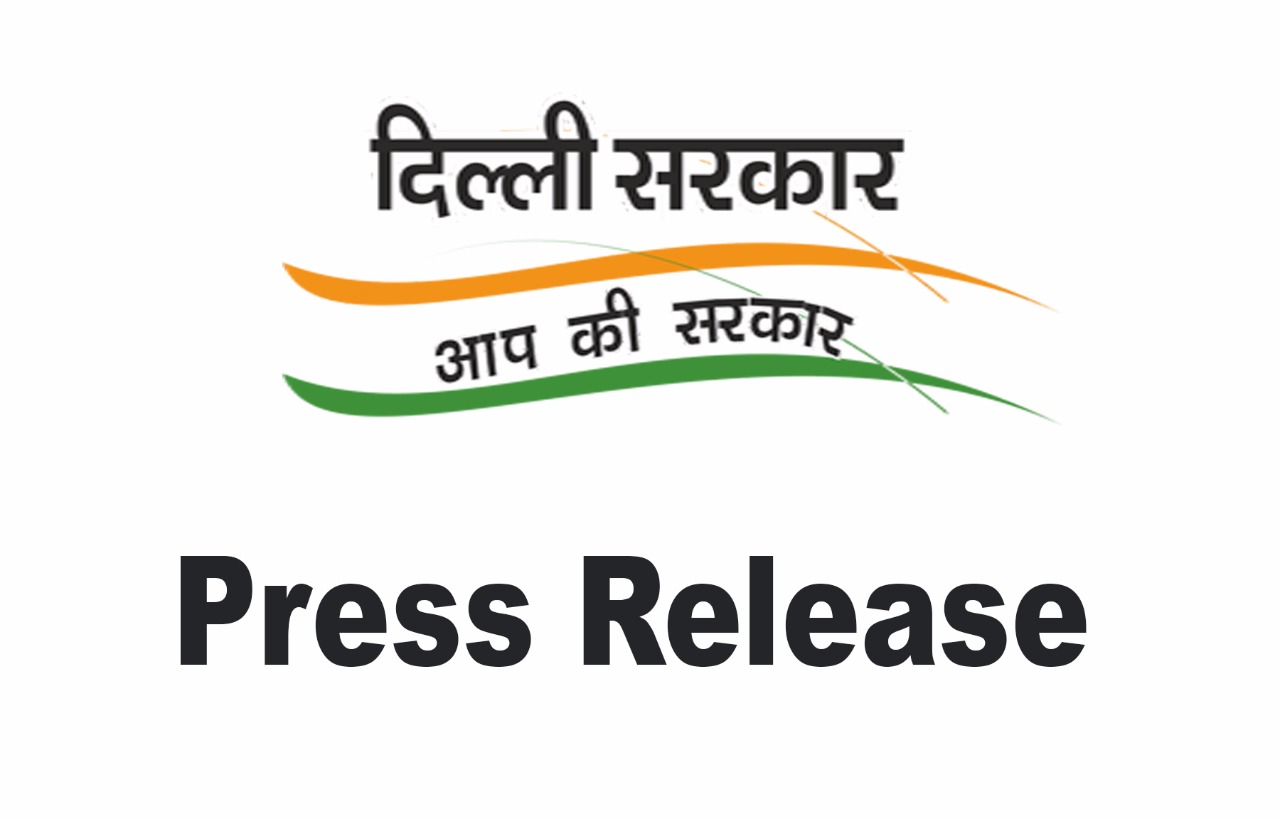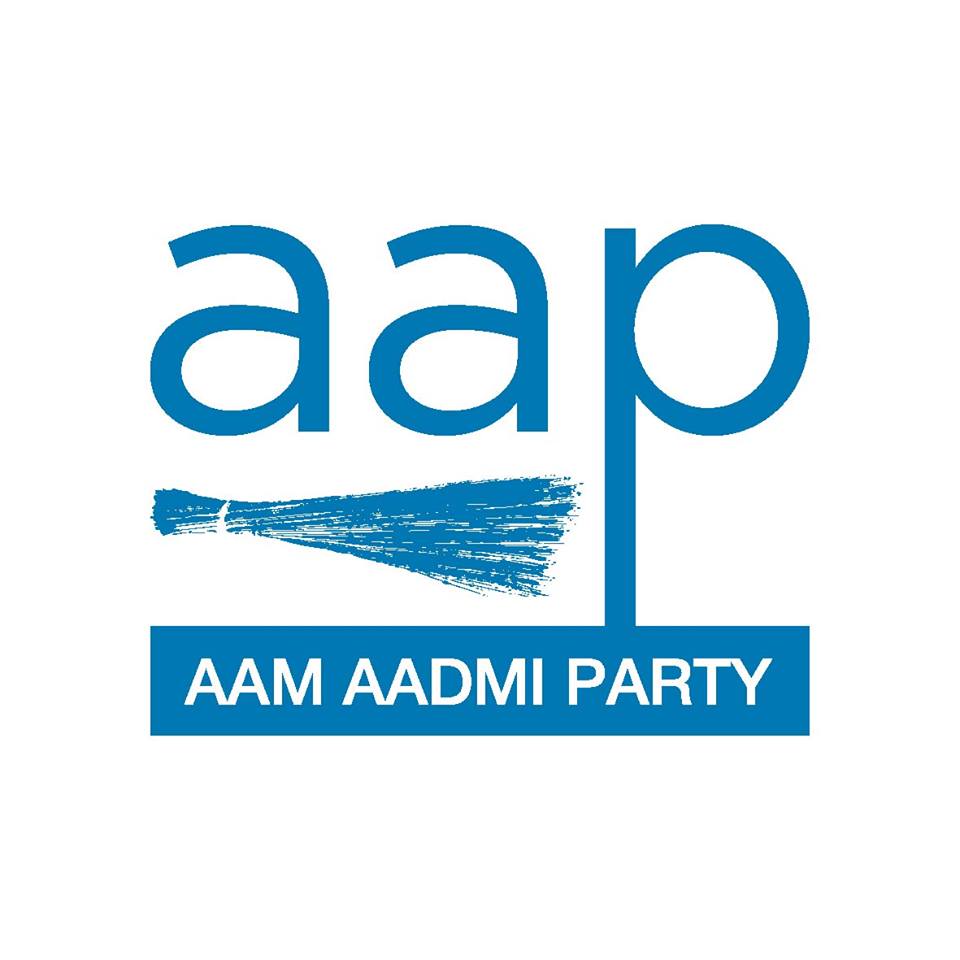
· Health Dept submits status report to the Minister
· Situation in Delhi completely under control
According to the latest official figures, the number of recorded cases of H1N1 (Swine Flu) across India this year, so far are 16,565.
Since a large number of people travel to Delhi from all parts of the country , the Department of Health, Delhi government, following directions from the Health Minister Mr Satyendar Jain, is regularly monitoring the situation and submits a regular update to the minister. The situation in Delhi is completely under control and the Department is fully geared to keep H1N1 under effective check.
The latest status is as follows :
There have been 889 cases of H1N1 in Delhi this year so far. 199 cases have been referred from outside Delhi, making total 1088 reported cases of swine flu till 9th August, from 1st January 2017. Total cases related to swine flu from all over India are 16565. Four deaths have been reported due to swine flu in Delhi, out of which two are residents of Delhi and two are from outside Delhi. 818 deaths have been reported all over the country during this period.
For the treatment of H1N1 (Swine Flu), a total of 57000 Tamiflu tablets are available and these are being made available in all Delhi Government hospitals.
Since 2nd June, 2017 Tamiflu tablets have been taken out from schedule X1 of Drugs and Cosmetic Act and put in schedule H1, making it freely available. It can be freely stocked by chemists and obtained from any chemist on prescription of registered medical practitioners.
Sufficient stock of swine flu vaccines with new strain of virus, effective in the coming season as per WHO guidelines for the use of medical personals will be made available from September, 2017.
Tamiflu tablets for patients will also be distributed to private hospitals free of cost.
As of now treatment of swine flu is available in 19 government hospitals and six private hospitals.
Treatment facility for swine flu patients will also be made available in other private hospitals having requisite logistics including ventilators and isolation of patients. Directions will be issued to private hospitals having sufficient infrastructure to treat patients of swine flu as per the guidelines issued by Ministry of Health and Family Welfare, Govt. of India.
Health Department has been undertaking intensive programmes for creating awareness regarding prevention and treatment of all vector borne diseases and swine flu.
Swine flu is another form of seasonal influenza. High risk group are children under age of 8 years, old aged persons over 65 years of age, pregnant women, persons with diabetics, HIV Aids, renal diseases and with cardiac problems as well as the patients under steroid therapy.
Swine flu patients are classified in to category A, B & C. Medicine for swine flu is required only in Category B (High Risk) and Category C patients. The testing for swine flu is required only category C patients. The medicine requirement is largely based on the clinical examination of the patients. Admission of patients are also required only for Category-C patients having breathlessness, chest pain, drowsiness, fall in blood pressure, sputum mixed with blood, bluish discolouration of nails. Also the children having red flag signs (somnolence, high and shortness of breath, difficulty in breathing, etc) need admission.
There is adequate stock of medicines for the treatment of dengue, chikungunya, and malaria also in all medical institutions of Delhi Government. There is sufficient stock of Paracetamol, Intravenous Fluids, Chloroquine and Artesunate group of drugs for the treatment of dengue, chikungunya and malaria.


Leave a Comment